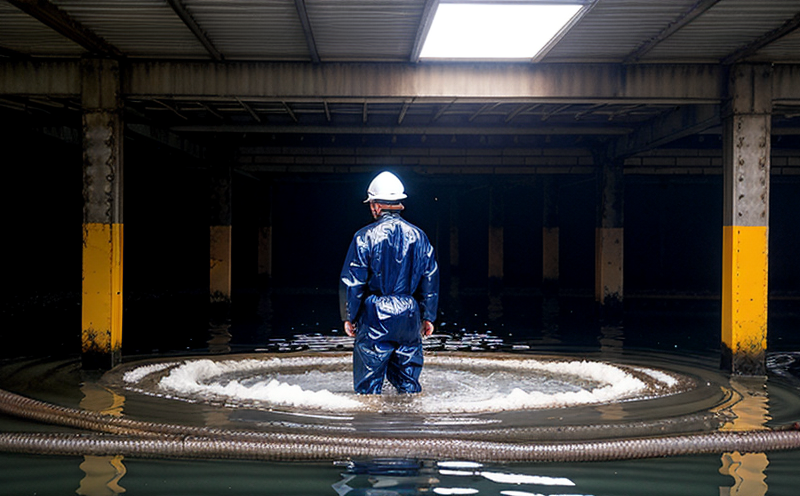Deluge system inspection
The deluge fire protection system is a type of automatic sprinkler system that uses nozzles to discharge water in response to heat or smoke activation. Deluge systems are designed for environments where a large volume of water is required, and immediate activation is critical. This service focuses on the comprehensive inspection and testing of these systems to ensure they meet the highest standards of safety and effectiveness.
Deluge systems are typically installed in areas with high-risk fire hazards such as manufacturing facilities, chemical plants, and data centers. These environments require robust fire protection measures that can quickly respond to a fire situation. The purpose of the deluge system inspection is not only to ensure that the system components function correctly but also to verify that they meet relevant standards.
According to ISO 17462:2015, deluge systems are tested for their ability to provide effective protection against fire hazards in specific areas. This standard outlines the requirements and procedures for testing deluge systems to ensure they comply with design specifications and achieve the desired level of performance. The inspection process involves several critical steps that guarantee the reliability of the system.
The first step is the visual examination of the nozzles, piping, and other components. During this stage, any visible damage or signs of wear are recorded. Following the visual check, a hydrostatic test is conducted to ensure all components can withstand the required water pressure. This test helps identify potential leaks or weaknesses in the system.
Once the integrity of the system has been assessed, the next step involves testing the activation mechanisms. This includes smoke and heat detectors that trigger the release of water from the deluge valves. The performance of these sensors is crucial to ensure they activate correctly when needed. A thorough inspection ensures that all components are calibrated properly and respond accurately.
The final stage of the inspection focuses on the response time and effectiveness of the system. This involves simulating a fire scenario and measuring how quickly the deluge valves open and water begins flowing. The goal is to ensure the system responds within seconds, providing immediate protection against fire hazards. Compliance with EN 12845:2016 ensures that all testing meets international standards for deluge systems.
In addition to these technical inspections, we also assess the environmental impact of the system and its integration into the broader facility design. This holistic approach ensures that not only does the deluge system perform as intended but it also contributes positively to overall fire safety protocols.
Scope and Methodology
| Aspect | Description |
|---|---|
| Nozzle Inspection | Visual examination of nozzles for signs of wear or damage. |
| Piping Integrity Test | Hydrostatic test to ensure all piping components can withstand required water pressure. |
| Activation Mechanism Testing | Testing smoke and heat detectors to ensure accurate activation of the deluge valves. |
| Response Time Measurement | Simulating a fire scenario to measure how quickly the system responds and operates effectively. |
Benefits
- Comprehensive inspection ensuring all components function correctly.
- Verification that the deluge system meets international standards for fire protection.
- Identification of potential issues before they become critical failures.
- Ensures compliance with relevant regulations and codes, enhancing safety measures.
- Reduces the risk of costly downtime due to failure during a critical event.
- Improves overall facility safety by maintaining effective fire protection systems.
- Promotes long-term reliability and efficiency of deluge systems in high-risk environments.
Eurolab Advantages
At Eurolab, we bring decades of experience to each inspection project. Our team is composed of experts who are well-versed in the latest testing methodologies and standards. We use advanced equipment and techniques that ensure accurate results every time.
- State-of-the-art testing facilities for precise evaluations.
- Dedicated specialists with extensive industry knowledge.
- Comprehensive documentation to provide detailed insights into system performance.
- Quick turnaround times to minimize disruption to your operations.
- Support and recommendations for continuous improvement of fire safety measures.





